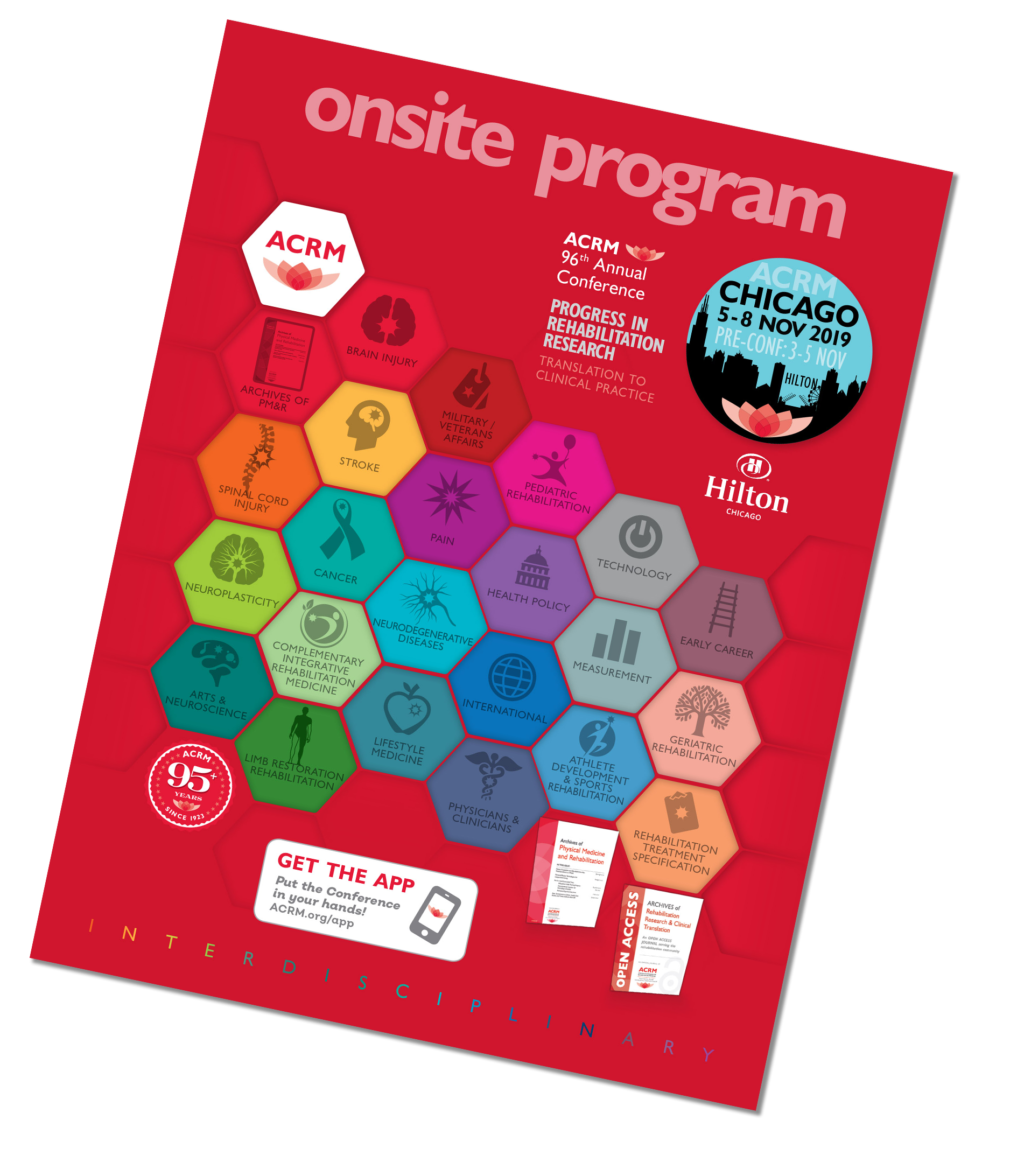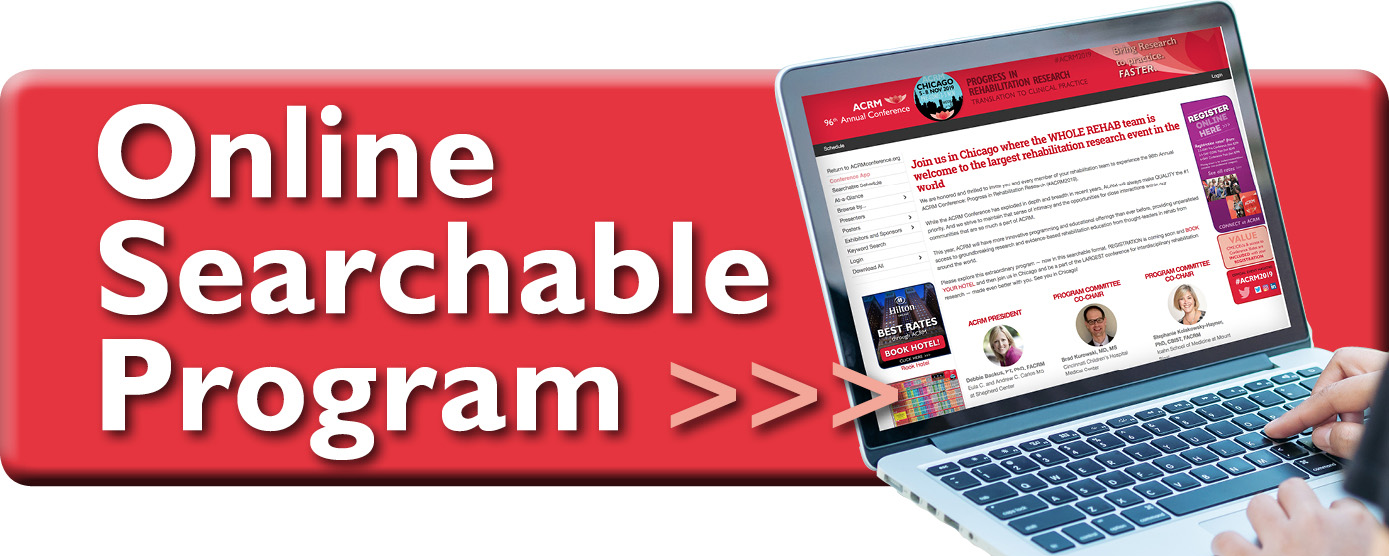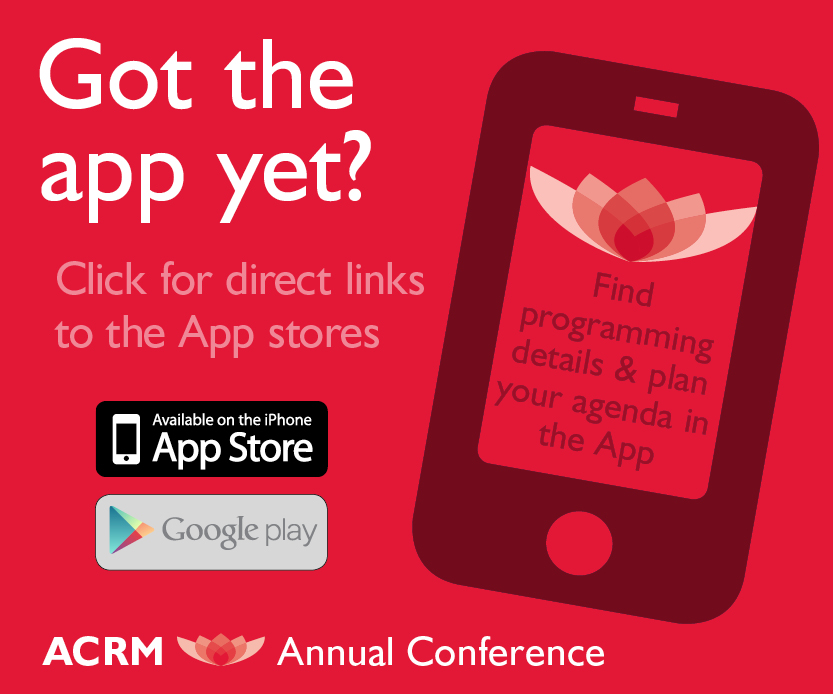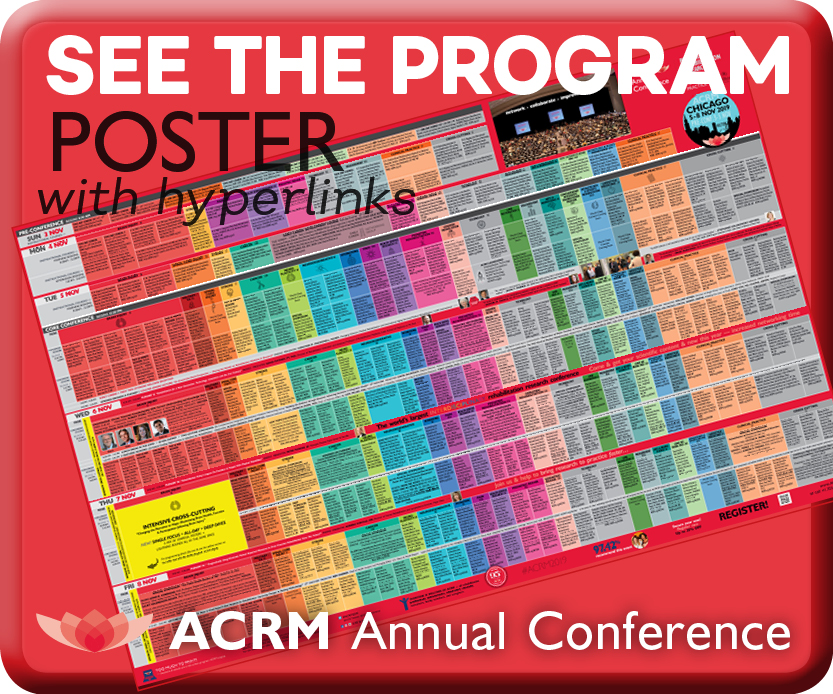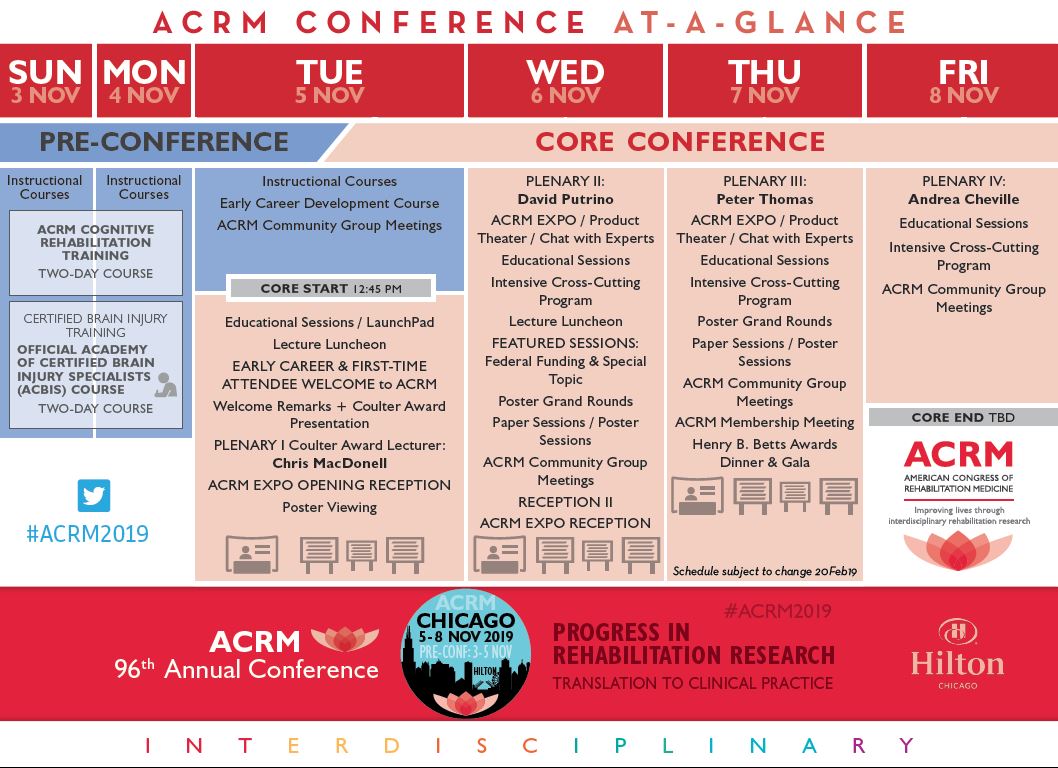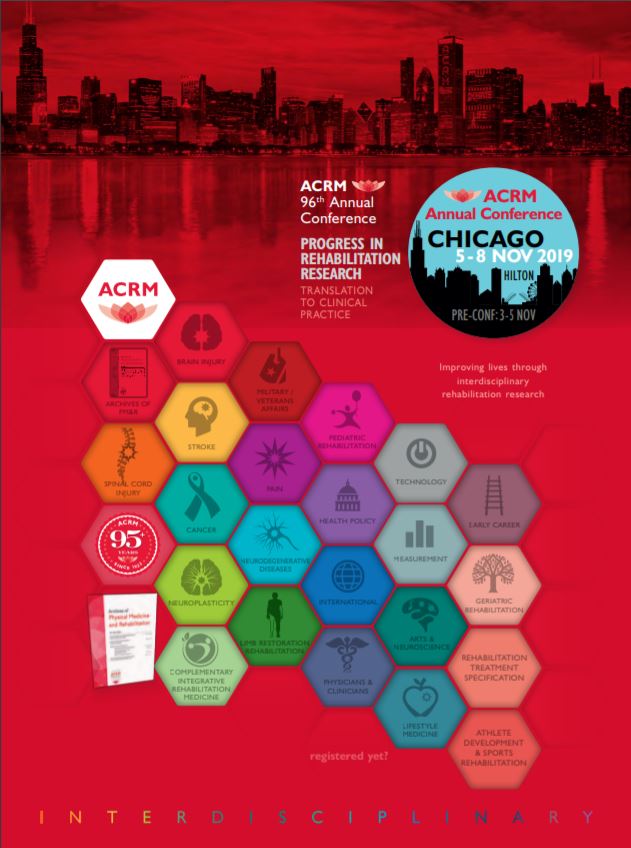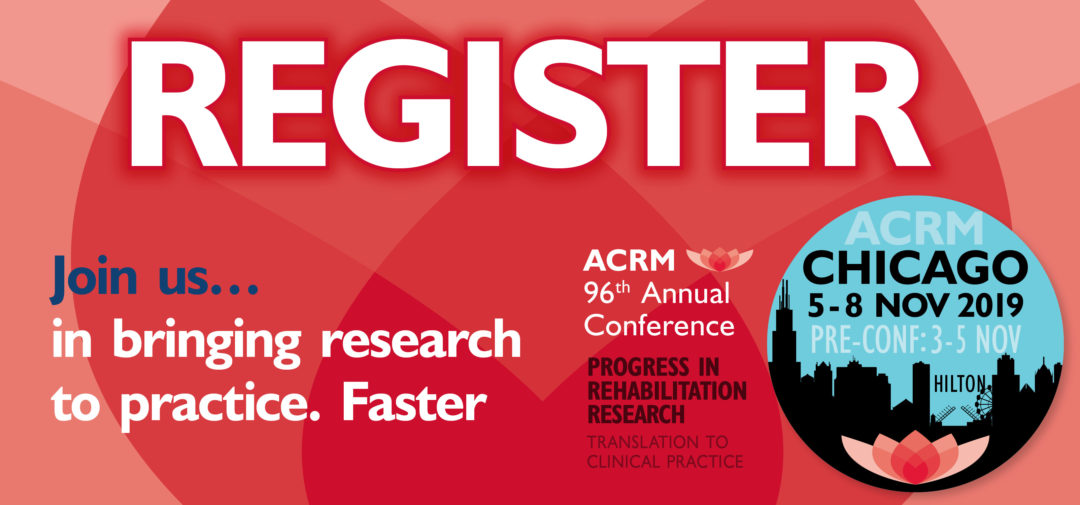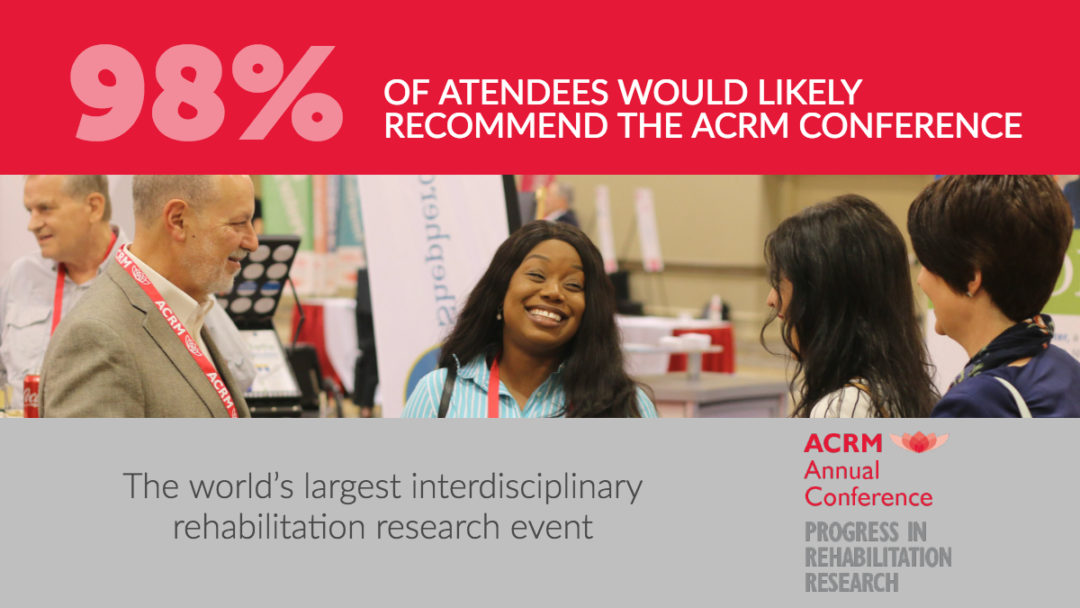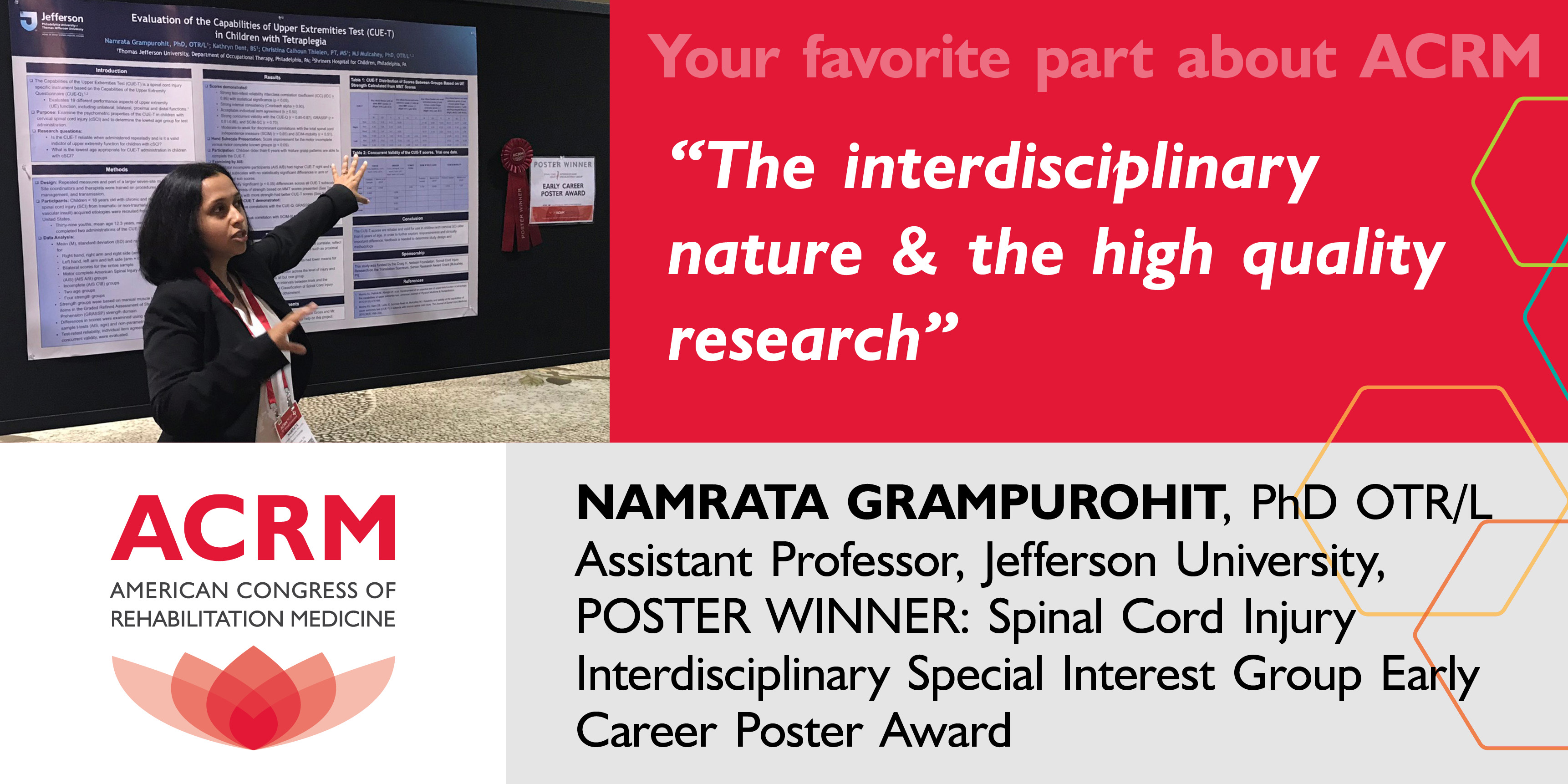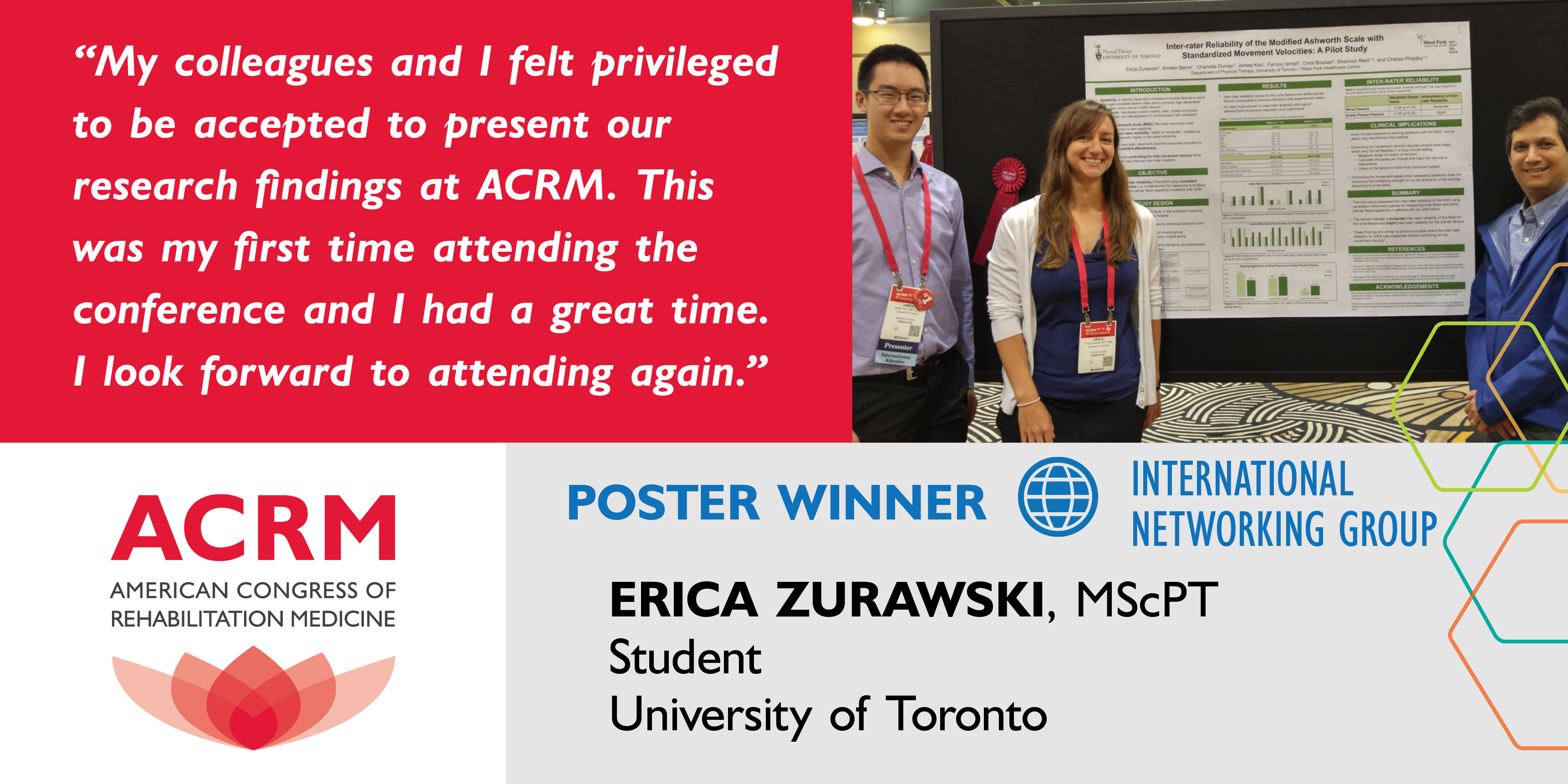FOUR FANTASTIC PLENARY SPEAKERS

PLENARY I: An Around the World Perspective – Moving the needle on Rehabilitation Medicine and Research
Christine MacDonell
Managing Director, Medical Rehabilitation and International Aging Services/Medical Rehabilitation Accreditation
CARF International
Session Description: The focus will be an exploration internationally on how do rehabilitation providers and the research community use a person centered approach, an ICF framework, and consider where persons served are born, grow, live , work and age to create an individualized plan that will allow the persons served to participate in their community of choice in a meaningful manner. How good of a job do we do on attending to population health issues as well as the social and economic factors of discharge communities? The rehabilitation process is impacted by the recognition, appreciation, or demand to be culturally sensitive to create a durable and sustainable result. The world of individuals we serve is vast and varied with many unique personal and societal characteristics. The resilience and common sense of individuals in some cases creates the rehabilitation success versus the actual delivery of a formalized rehabilitation program. It is our responsibility to advocate and be good citizens of our communities which includes becoming aware of the social determinants that our persons served face. Through actual stories of persons served and personal observation we hope to create an environment where the audience will listen, begin to explore and examine their own knowledge base of the community of individuals they serve and how participation is impacted when there is little awareness of sensitivity to where the people we have been born, grow. live, work, play and age. Let us open our eyes like Dr. Stanley Coulter did 100 years ago to the need for rehabilitation to assist individuals return to life.
Read More>>
PLENARY II: Rehabilitation for a New Generation: Technology, Innovation and the 21st Century
David Putrino, PT, PhD
Director of Rehabilitation Innovation and Assistant Professor of Rehabilitation Medicine
Icahn School of Medicine at Mt. Sinai
Session Description: The field of rehabilitation medicine is poised to be fundamentally disrupted by emerging technologies that have the potential to change the way we think about the practice of rehabilitation. However, despite this latent potential, many of these exciting technologies fail to succeed in healthcare. In fact, with Forbes magazine reporting that 98% of healthcare startups fail before they touch a patient, it would appear that the integration of technology products into healthcare is a significant uphill battle. The Abilities Research Center (ARC) is a new department that has been developed out of the Department of Rehabilitation and Human Performance at the Icahn School of Medicine at Mount Sinai with a single goal: to take innovative technologies from the bench to the bedside in the shortest amount of time possible. In this presentation, we will discuss a range of technologies and approaches that we have developed and validated. We will discuss mobile applications that can track symptom and impairment severity and provide intervention, virtual and augmented reality solutions for chronic pain, rehabilitation robotics, neuro-modulation and many other technologies. In addition, we will explore how to develop pragmatic clinical trials for exciting new technologies, how to foster a sense of entrepreneurship in your department and new billing procedures that can allow you to integrate new technology into your practice today. This is a how-to guide for anyone who is looking to integrate new technology into their clinical practice.
Read More>>
PLENARY III: Rehabilitation Policy’s Impact on Providers and People with Physical Disabilities
Peter W. Thomas, J.D.
Principal
Powers Pyles Sutter & Verville
Session Description: As clinical practice in rehabilitation evolves, so does federal policy that impacts persons with physical disabilities and chronic conditions. Federal policy often drives clinical practice. This presentation will provide an overview of policies that impact a wide range of rehabilitation providers, both institutions and rehabilitation professionals, as well as the consumers and beneficiaries who rely on these providers to regain health, function and quality of life after illness or injury. The presentation will begin with an overview of developments in post-acute care (PAC), movement to a uniform PAC payment system, evolution to a value-based PAC system that financially rewards quality, efforts to enhance quality improvement and measurement of outcomes, the role of function in PAC reform, coverage, coding and reimbursement of rehabilitation services and devices in a variety of settings and many other Medicare and other federal policies. The presentation will also focus on Medicare audits and appeals, denials of claims, Medicare Advantage tactics to limit access to rehabilitation, and potential efforts to expedite appeals through the ALJ appeals process through global settlement efforts. Finally, the overview will include a synopsis of the importance of the Affordable Care Act, how that law established a federal essential health benefits package that includes coverage of rehabilitation and habilitation services and devices, and recent regulatory efforts to allow states greater flexibility to offer less expensive, less comprehensive coverage, leading to an erosion of the federal protections in private insurance for people with health conditions, particularly people with disabilities and chronic medical conditions. A small panel of Chicago-based individuals (one with brain injury and one with spinal cord injury) who have experienced comprehensive rehabilitation post-injury or illness will then discuss personal challenges they have encountered with the health care system to illustrate some of the points highlighted in the policy overview. If necessary to satisfy requirements for CEU’s, an academic/researcher in rehabilitation will discuss emerging areas of promise for rehabilitation treatments to address some of the concerns raised by the policy speaker and the consumer testimonials.
Read More>>
PLENARY IV: Pragmatically Using Electronic Patient Reported Measures to Drive Proactive Rehabilitation Care: Our Future?
Andrea L. Cheville, MD
Director of Cancer Rehabilitation and Lymphedema Services
Mayo Clinic
Session Description: Rehabilitation is at a critical juncture with a pressing need to demonstrate value in the era of health care cost containment. While rehabilitation interventions preserve function and even reduce disability when used in a proactive manner, the need to leverage these services efficiently in the face of an aging and heavily disease burdened population is a matter of great importance. Technology offers vast opportunities to promote a precision medicine approach to rehabilitation service prescription and interventions.
Electronic health care records are nearly ubiquitous in our current environment. Finding ways to use these tools to facilitate appropriate and timely care is the greatest opportunity for our field to show its value in the health care continuum. In 2018 the Mayo Clinic in Rochester, MN was awarded a grant from the Biden Cancer moonshot initiative towards addressing cancer treatment-related symptom management and disability. As a part of the UM1 grant: Improving Management of Symptoms Across Cancer Treatment (IMPACT) consortium, an Enhanced, EHR-facilitated Cancer Symptom Control (E2C2) pragmatic clinical trial will test the population- level implementation of validated approaches to detect and effectively manage cancer treatment-related sleep disturbance, pain, anxiety, depression, and energy deficit/fatigue among patients with all types and stages of cancer. The trial is important because it will rigorously test a means of deploying finite resources to yield maximal patient benefit in lessened symptom burden and functional loss, as well as enhanced survival and quality of life.
This plenary session will describe the model development of systematically integrating function-oriented care into the management of a progressive disease in order to reduce healthcare costs while simultaneously improving the independence and quality of life of patients with cancer and will provide an aspirational vision of the relevance of this work to the greater field of rehabilitation medicine.
Read More>>

